
Remote Learning Struggles: Undergraduates’ Anxieties at the Onset of Online Learning
A year ago, in March 2020, the COVID-19 pandemic and related lockdowns caused Russian universities to switch to distance learning. Emergency digitalisation, embracing new teaching and learning formats and switching to remote teacher-student communication — all of this was a challenge, but the universities found ways to cope. Students also learned some vital lessons outside of the curriculum. This unusual, challenging situation gave rise to various fears and concerns about distance education — and also highlighted what remains essential to the learning process, no matter its mode.
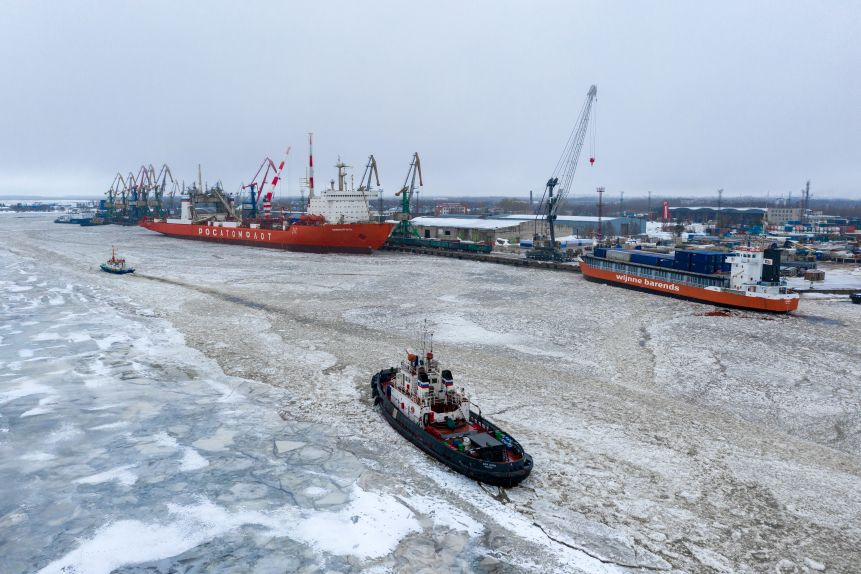
Baselines and Historical Territorial Waters: How Russia Can Protect Its Rights in the Artic
Climate change-induced ice melting in the Arctic has led to contradictions in the assessment of Russia’s rights in the region. As ice cover diminishes, Russia may be losing its influence on the territories that it has historically developed. This is partially due to the changing width of territorial waters by low-water lines. However, there are alternative legally valid ways to establish fair borders, which are described by researchers of the HSE Institute of Ecology in their paper ‘Prospects for the evolution of the system of baselines in the Arctic’.
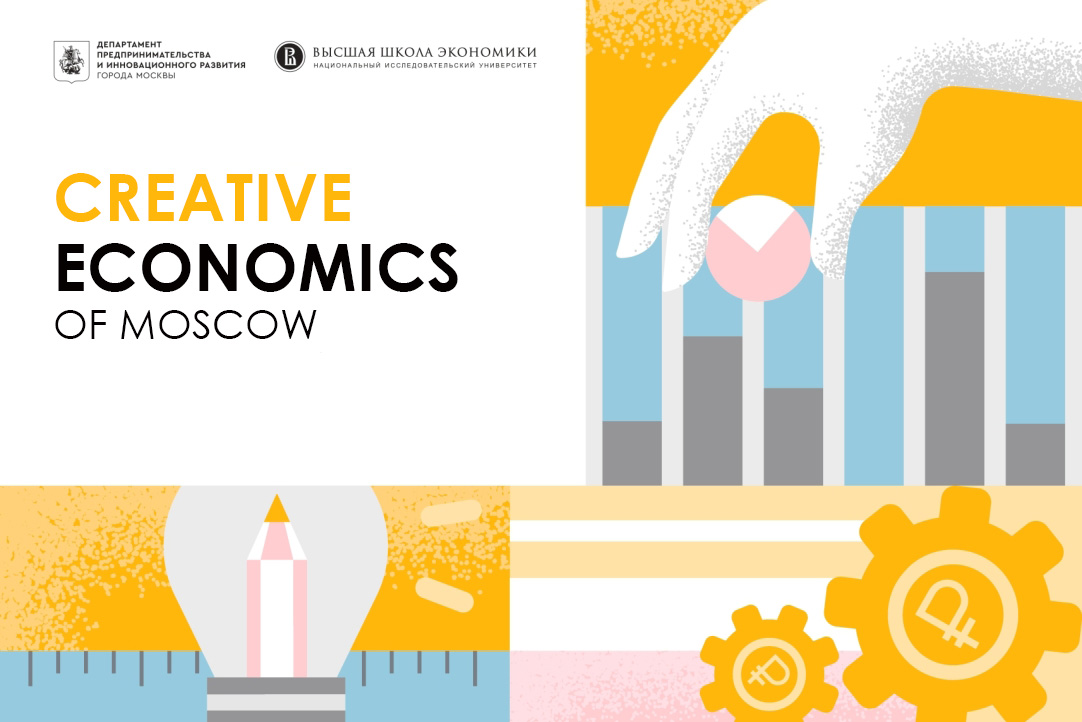
Creative Moscow: Ahead of Hong Kong and Melbourne, but Far behind Beijing and London
Moscow is not only Russia’s official capital, but its creative capital as well. 54% of the added value of the country’s creative industries is generated here. This was one of the findings presented in the report, ‘Moscow’s Creative Economy in Figures’, prepared jointly by HSE researchers and the Moscow Department of Entrepreneurship and Innovative Development.

Open-Source GPU Technology for Supercomputers: Researchers Navigate Advantages and Disadvantages
Researchers from the HSE International Laboratory for Supercomputer Atomistic Modelling and Multi-scale Analysis, JIHT RAS and MIPT have compared the performance of popular molecular modelling programs on GPU accelerators produced by AMD and Nvidia. In apaper published by the International Journal of High Performance Computing Applications, the scholars ported LAMMPS on the new open-source GPU technology, AMD HIP, for the first time.

Mothers of Three and More Children Face Career Struggles
Well-educated women having three or more children often try to return to work after maternity leave but face penalties for motherhood and 'overqualification', as potential employers offer them lower paid, lower-ranking jobs and treat them as second-rate employees. Some mothers of many children choose to leave the labour market altogether. A paper by Zlata Dorofeeva, Research Fellow of the HSE Institute for Social Policy's Centre for Longitudinal Studies, offers an insight into the career struggles faced by mothers of many children in Russia.
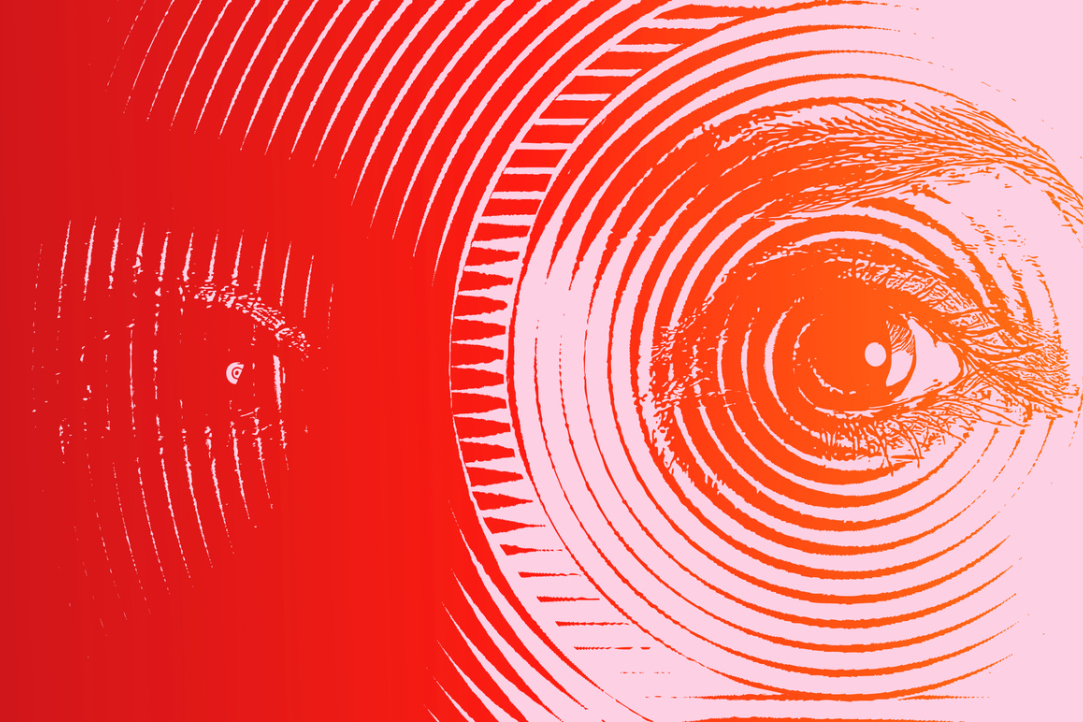
Attention Priority Map Explains Surprising Phenomena of Visual Search
Researchers from HSE University and Harvard University have found that the speed of finding an item with a unique combination of features is not affected by the ease with which these items can be grouped by features. Such results are predicted by theories of parallel attention control. The study is published in the Journal of Vision.

HSE University Researchers Track Language Abilities of Russian Children with ASD
Researchers from the HSE Center for Language and Brain have, for the first time, described the language abilities of Russian children with Autism Spectrum Disorder (ASD) at all linguistic levels (e.g., phonology, lexicon, morphosyntax, and discourse), using a language test that takes into account the psycholinguistic variables most relevant for Russians. The study was published in Journal of Autism and Developmental Disorders.
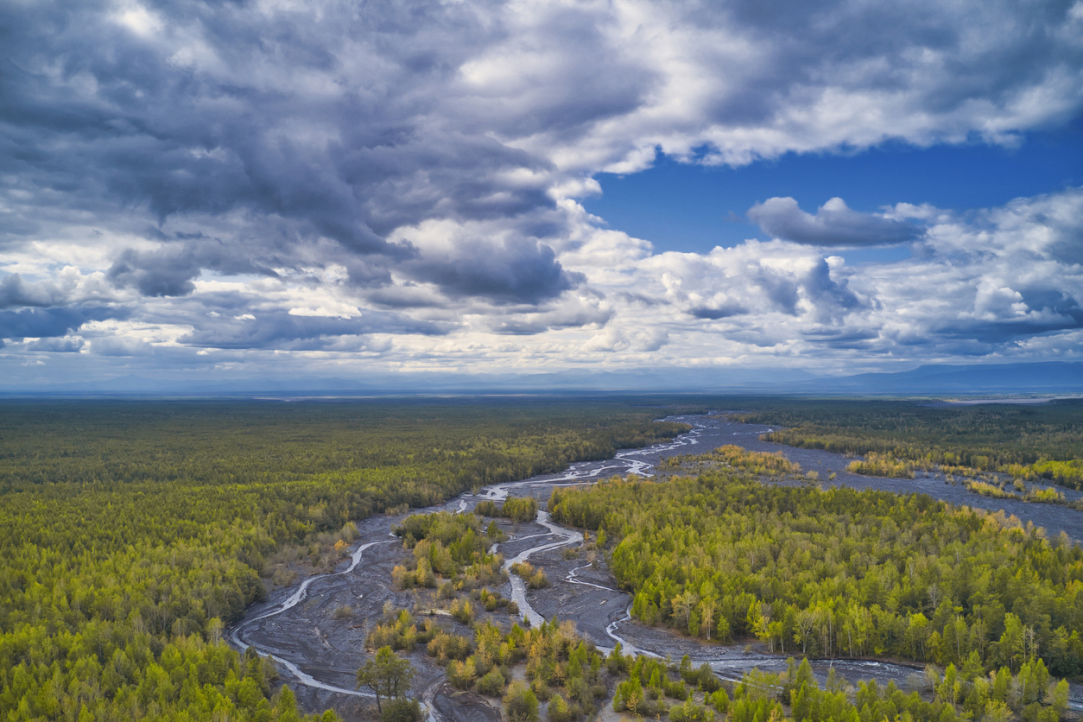
‘Idea of Environmental Protection Should Become Part of Foreign Policy’
To improve its global competitiveness, Russia needs an independent environmental agenda along with a concept for environmental protection, and it makes sense to suggest a ‘global clean deal’ to Europe. A report outlining this, prepared by a team of experts from HSE University, the Ministry of Foreign Affairs and environmentalists, was presented at TASS.

Researchers Develop Microscopic Theory of Polymer Gel
Russian scientists have proposed a theory of phase transformation in polymer gels. It explains the mechanisms of the dramatic reduction in volume of zwitterionic hydrogels when they are cooled. The results are published in the journal Chemical Communications (ChemComm).
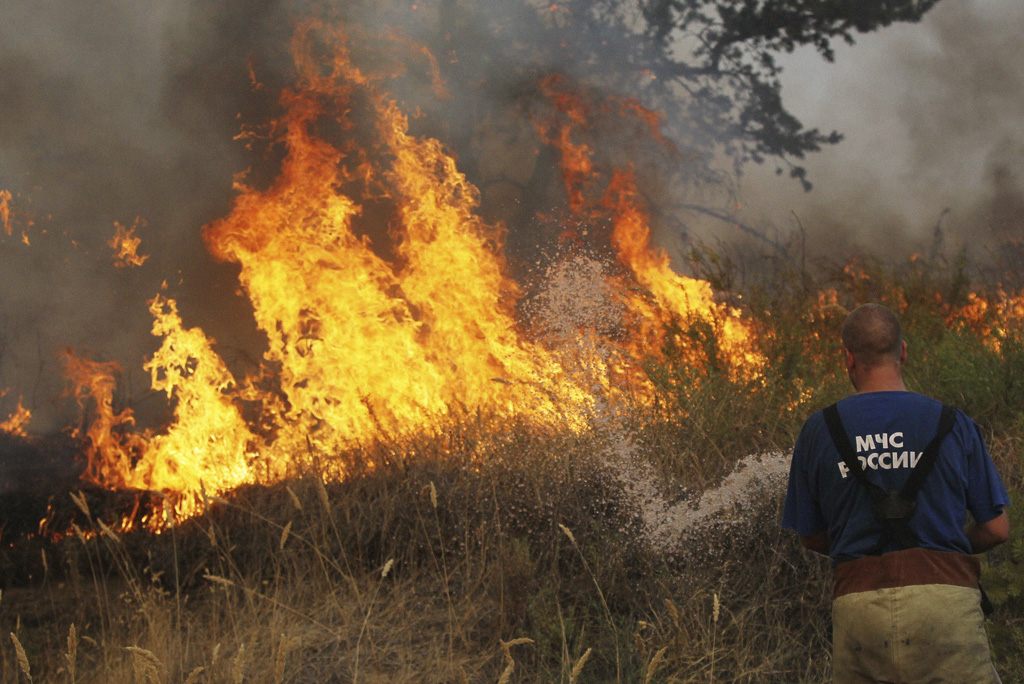
Scientists Assess the Effectiveness of Forest Fires Suppression in the Russian Regions
April officially marked the beginning of the peak forest fire season across Russia, and preventative measures have recently been discussed at the Ministry of the Russian Federation for Civil Defence, Emergencies and Elimination of Consequences of Natural Disasters (also known as The Ministry of Emergency Situations, MChS) and at a meeting in which the President of the Russian Federation participated. Regions have already started taking measures to prevent forest fires, and a team of researchers from the Faculty of Economic Sciences of HSE University has proposed a mathematical model by which the effectiveness of these measures can be evaluated. Using this algorithm, they compared Russian regions in terms of the success of their firefighting activities. Details of the work have been published in the collection ‘Dynamics of Disasters: Impact, Risk, Resilience, and Solutions’.

